Researchers from the UNC Eshelman School of Pharmacy released a study earlier this month showing that vaccination efforts in the world’s poorest countries since 2001 will have prevented 20 million deaths and saved $350 billion in health care by the year 2020.
The vaccination efforts researched were made by Gavi, a global vaccine alliance that provides vaccinations to the world’s 73 poorest counties and has contributed to the immunization of 580 million children.
Leader of the study and Associate Professor at the Eshelman School of Pharmacy, Sachiko Ozawa, says the main message of the research is that there are real benefits to vaccinations.
“We look at what the impact of vaccination is in preventing about 500 million cases of illness, 70 million hospitalizations, 9 million cases of long term disability and 20 million deaths,” said Ozawa.
To measure money that could have been saved, researchers looked at both short-term and long-term costs such as averted treatment, transportation costs, productivity loss of caregivers and productivity loss due to disability and death.
Researchers also used the value-of-life method to determine that the economic and social value of saving those lives and preventing disabilities is $820 billion.
Each country included in the study will have avoided an average of $5 million in treatment costs because of receiving immunization from Gavi.
Gavi’s immunization includes 10 vaccines.
“The estimates are around vaccinations against hepatitis B, human papillomavirus- that’s HPV, Japanese encephalitis, measles, rotavirus, rubella, yellow fever and then three strains of bacteria that cause pneumonia and meningitis, which are haemophilus influenzae type b and streptococcus pneumoniae and meningococcal type A,” said Ozawa.
Ozawa says the study proves that vaccines are working in these countries and that people should stay vigilant in supporting global immunization.
Related Stories
‹
![]()
On Air Today: 'Naloxone Near Me,' with Delesha CarpenterAaron welcomes UNC's Delesha Carpenter to discuss "Naloxone Near Me," a new statewide initiative that could save lives.
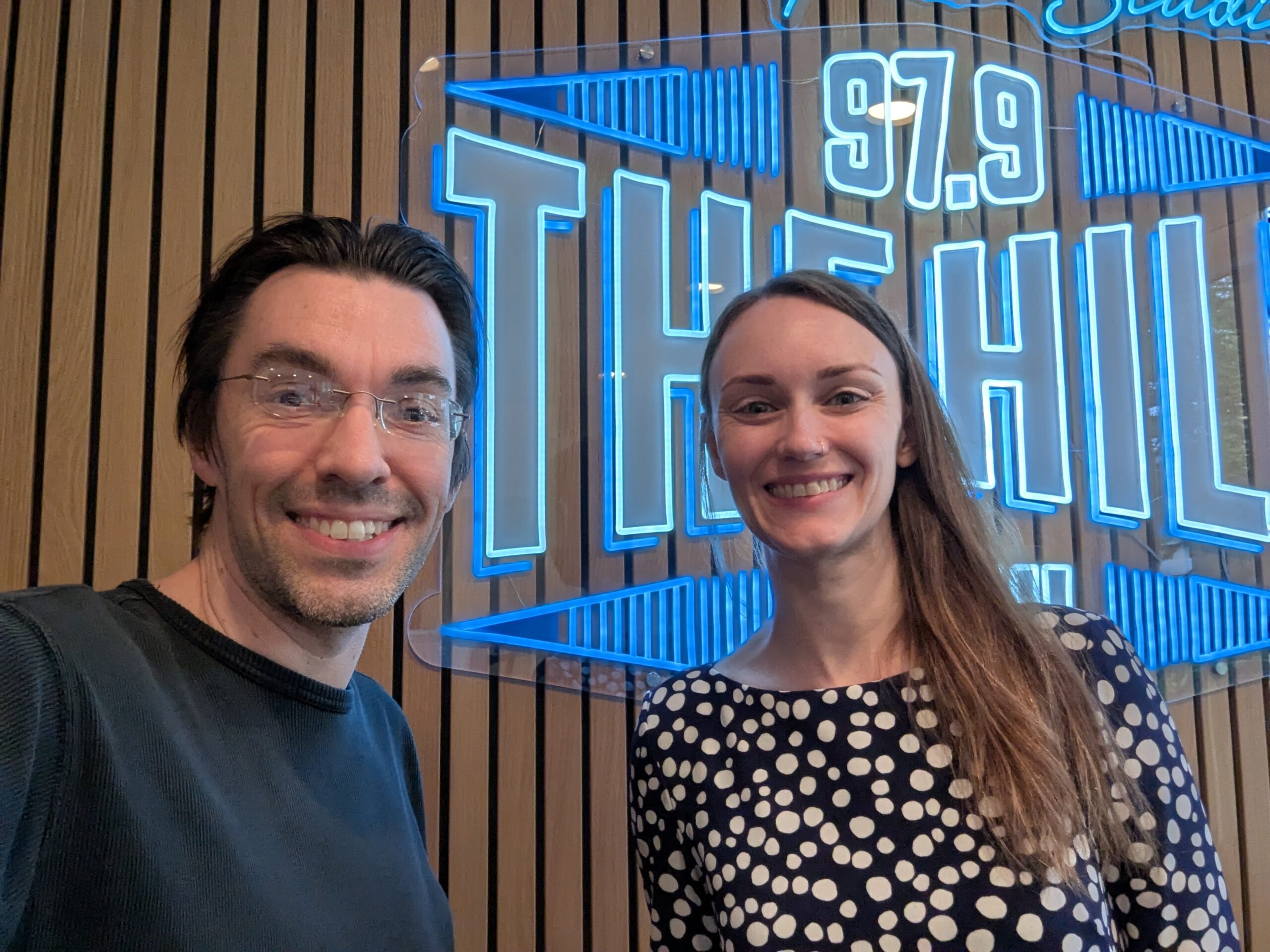
On Measles, Orange County Wants to Bring 'Immunity to the Community'Later this month, Orange County is hosting a public symposium on measles, part of a push to urge parents to get their kids vaccinated.
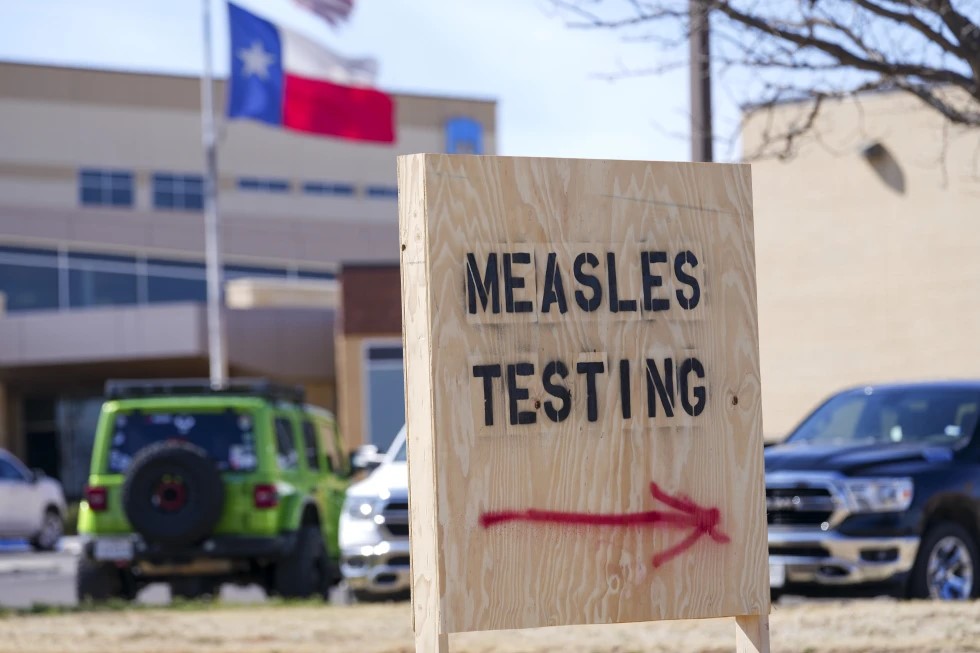
As Measles Cases Mount in the US, What’s the Situation Worldwide?The U.S. registered its first death from measles since 2015 this week. While more common globally, the virus' numbers are up in recent years.
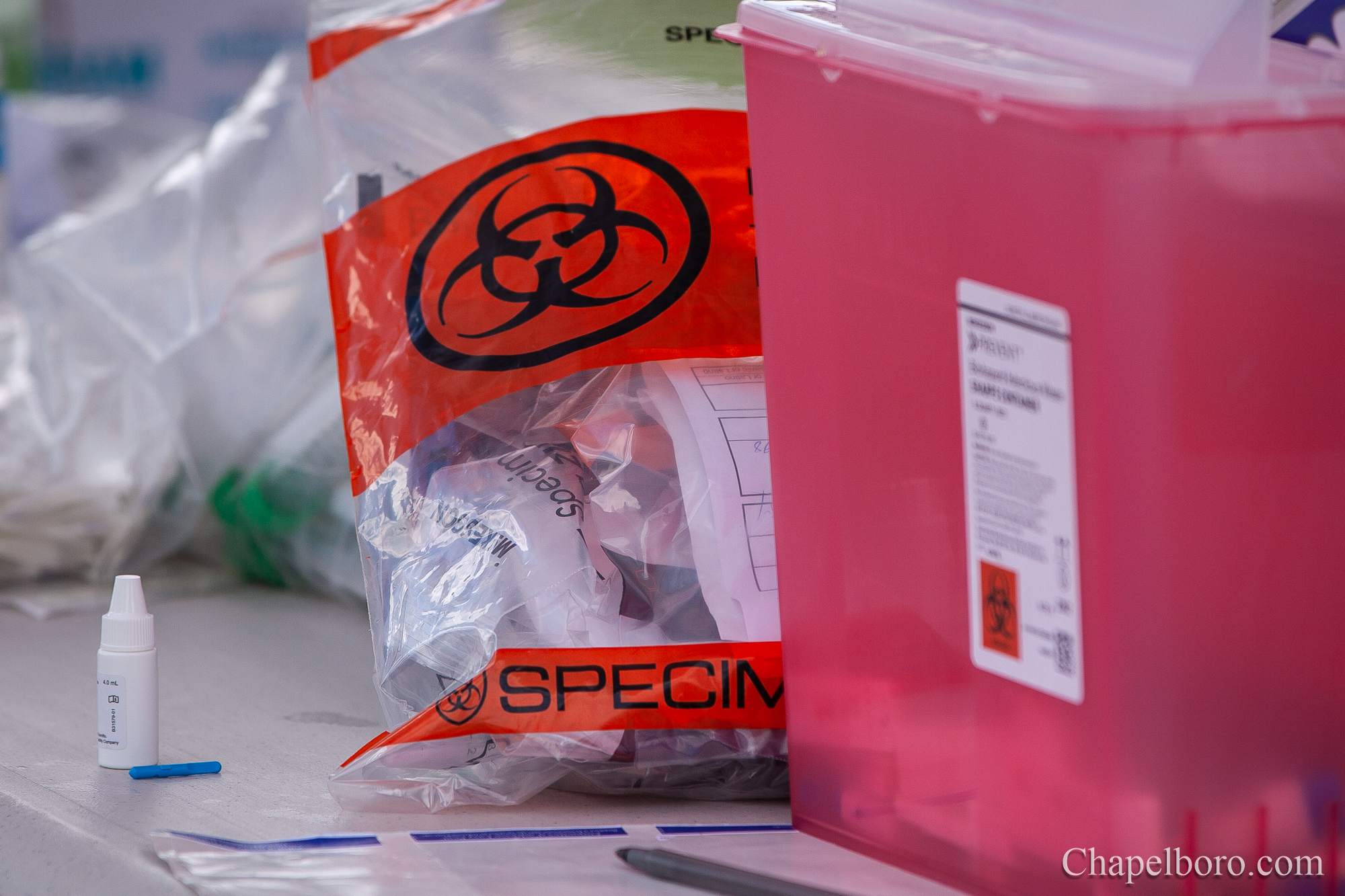
Chatham County Health Director Talks Vaccination Trends, Omicron SpreadRoughly two years into the pandemic, the COVID-19 response locally and nationally continues to change as new variants emerge and cases spike.
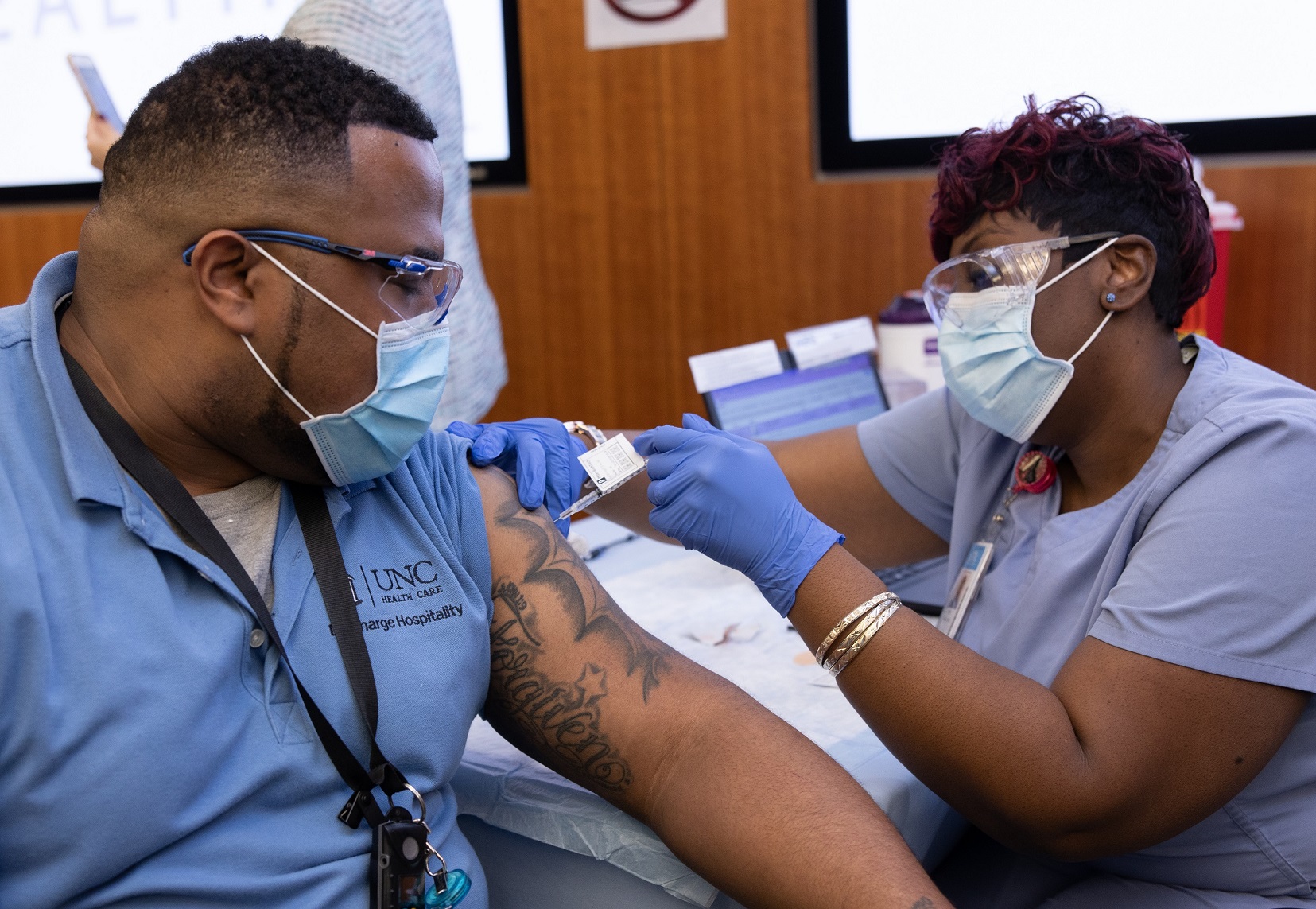
UNC Employees Required To Get a COVID Vaccine by Early DecemberUnder President Biden’s September Executive Order, UNC employees must be fully vaccinated against COVID-19 by early December. Those who do not comply may face disciplinary action from the university. Biden’s Executive Order 14042 and guidance issued by the Safer Federal Workforce Task Force requires employees of federal contractors to be fully vaccinated against COVID-19 no later than […]
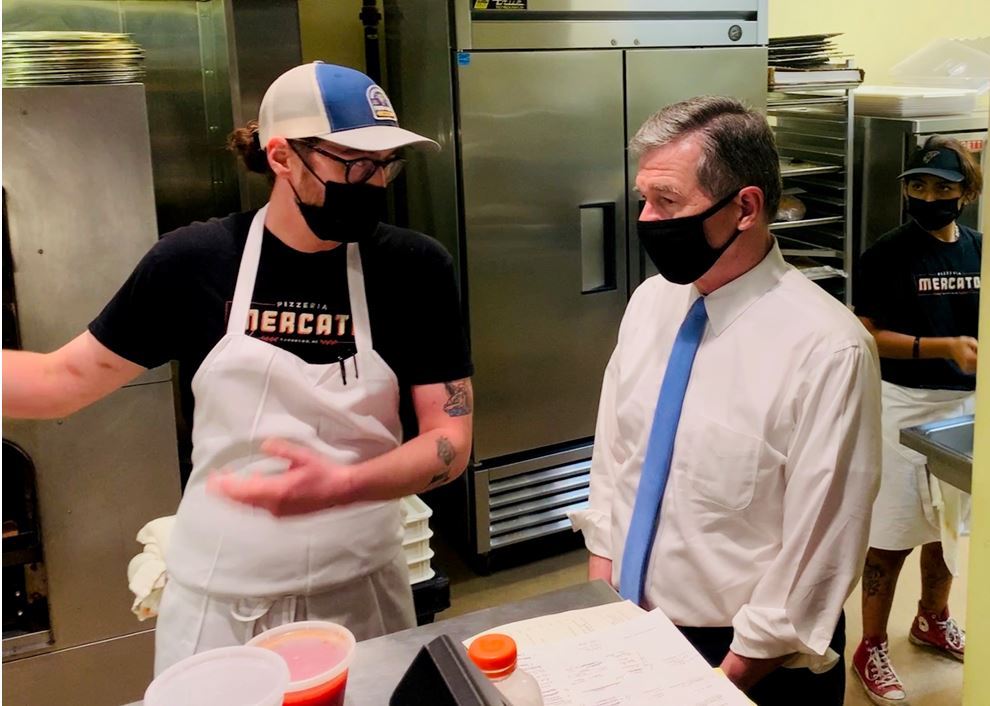
Gov. Cooper Visits Carrboro's Pizzeria Mercato, Promotes COVID-19 VaccinationsGovernor Roy Cooper visited a restaurant in Carrboro this week to promote COVID-19 vaccinations and encourage businesses to enact their own vaccine mandates. On Thursday, Cooper stopped by Pizzeria Mercato for a news conference. Mercato was one of the first restaurants in the area to require proof of vaccination against the coronavirus for patrons to […]
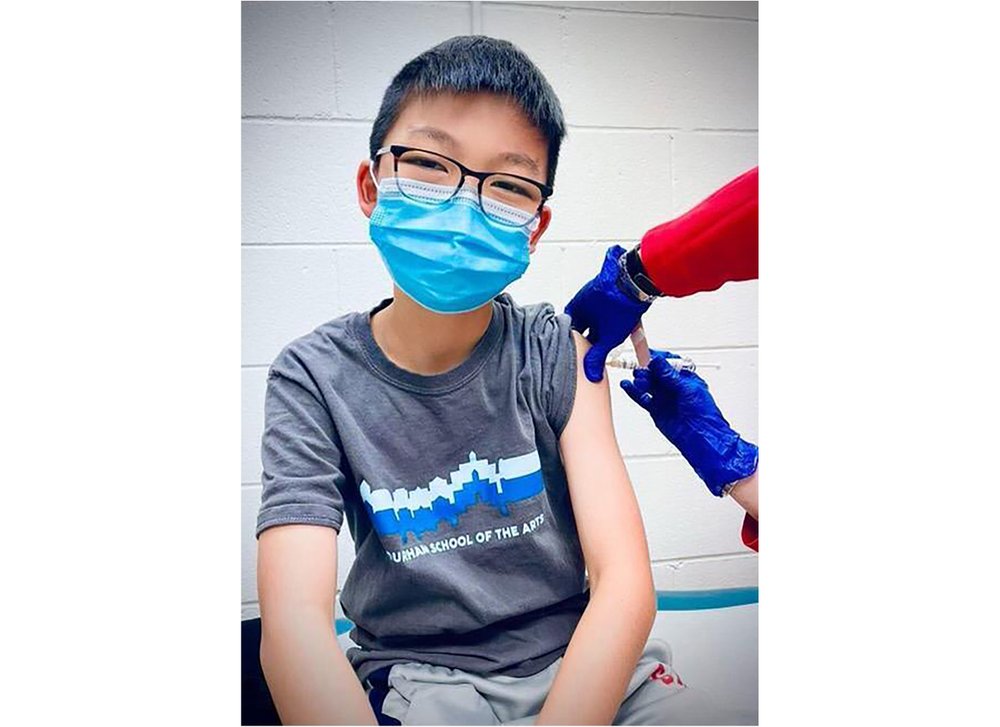
OC Health Department Aims to Increase Vaccinations, Holds Pop-Up ClinicsOrange County health officials are working to get more residents vaccinated - including pop-up clinics this Saturday at three middle schools.
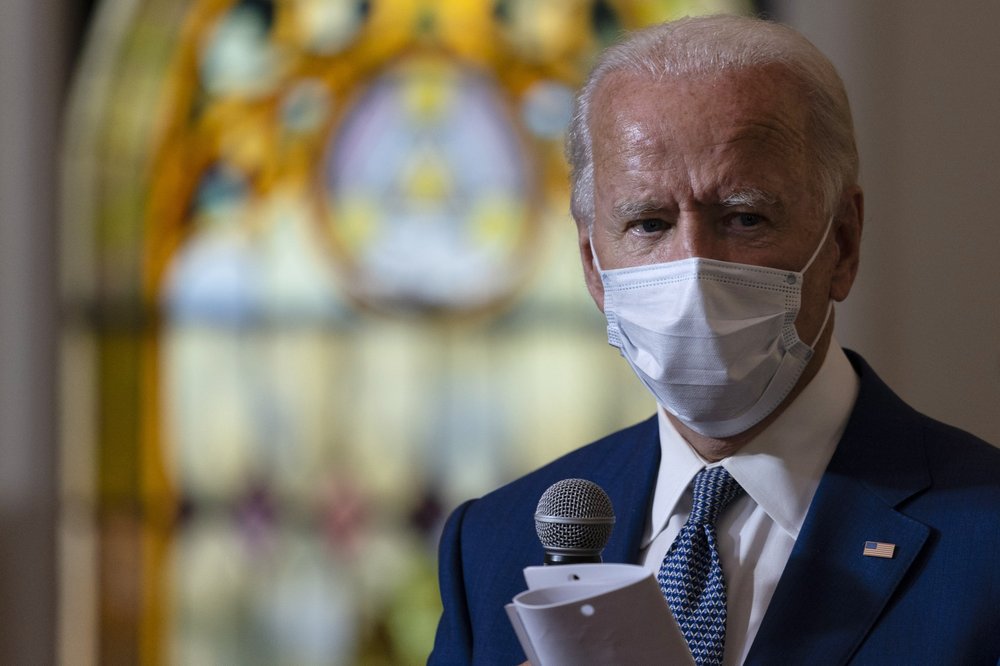
Biden Aims to Vaccinate 70% Of American Adults by July 4Written by ZEKE MILLER and JONATHAN LEMIRE President Joe Biden on Tuesday set a new vaccination goal to deliver at least one shot to 70% of adult Americans by July Fourth as he tackles the vexing problem of winning over the “doubters” and those unmotivated to get inoculated. Demand for vaccines has dropped off markedly nationwide, […]
![]()
In Israel and Beyond, Virus Vaccines Bring Political PowerForget about oil and arms. Coronavirus vaccines are emerging as the newest currency of choice in the Middle East. Israel’s reopening of its economy, combined with a murky prisoner swap with Syria and the arrival of a batch of vaccines in the Gaza Strip, have all underscored how those with access to the vaccines have […]
![]()
Japan Starts COVID-19 Vaccinations With Eye on OlympicsJapan launched its coronavirus vaccination campaign Wednesday, months after other major economies started giving shots and amid questions about whether the drive would reach enough people quickly enough to save a Summer Olympics already delayed by the pandemic. Despite a recent rise in infections, Japan has largely dodged the kind of cataclysm that has battered […]
›








